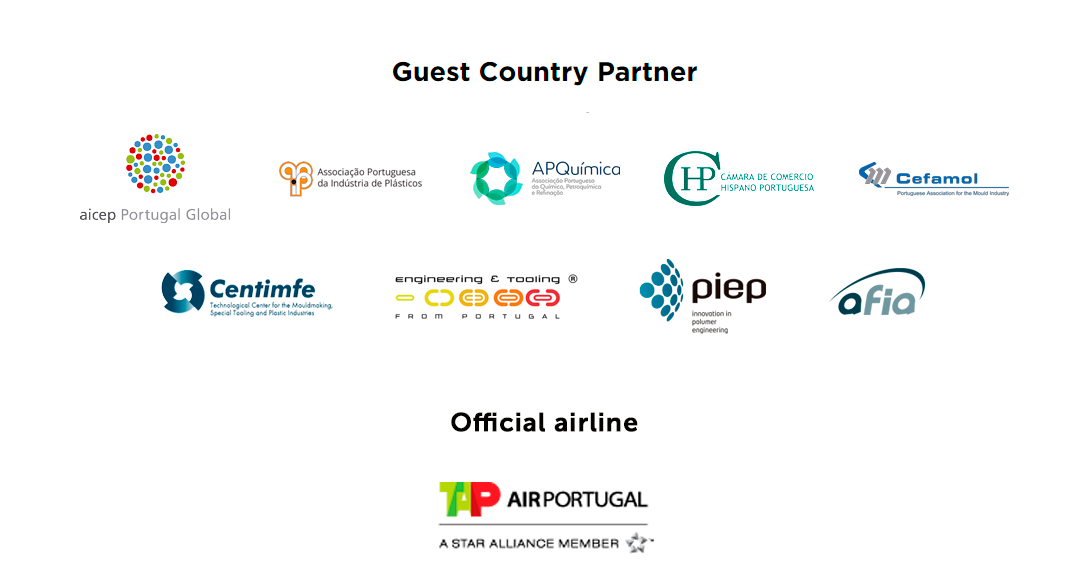Portugal has a highly diversified chemical industry that combines raw materials such as polyethylene, resins or artificial fibers, to fertilizers. The Portuguese chemical industry has presented a remarkable export dynamic during the last years. The chemical sector currently represents more than 12% of neighboring exports, with Spain being its main market followed by Germany and France.
Portugal exports mainly petrochemical products from the value chain of plastics, rubber, pharmaceuticals, organic chemicals, pigments, paints, essential oils, cleaning products, fertilizers, etc., products that have complex production technologies in common.
The plastic industry in Portugal, is quite similar to those of the Spanish market, it is a very mature market in which 65% of companies are classified as micro-companies more than 10 years-old. The turnover of the sector comes in 74% of the transformation of plastics.
In a market in which the main actors are producers, plastic transformers, recyclers, industrial users and private users, Portugal has different groups that look after the interests of the sector, forming a network of innovation centers and research centers.
The opportunities in the sector are summarized in the circular economy and in the adaptation for less damage to the environment, in addition to Industry 4.0 or 3D printing. There is also a great business opportunity in the recycling sector, where Portugal is still far from reaching the figures of the main European countries.
However,the plastics sector in Portugal is a sector that is growing and is very competitive within the European area, as is evident in the evolution of production and foreign trade data in recent years. It is a sector with competitive price and quality that exports mostly technical plastic, construction materials and packaging.
